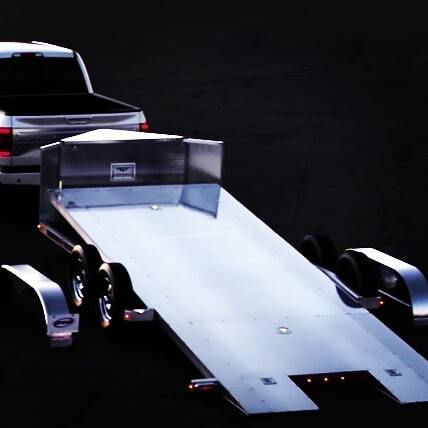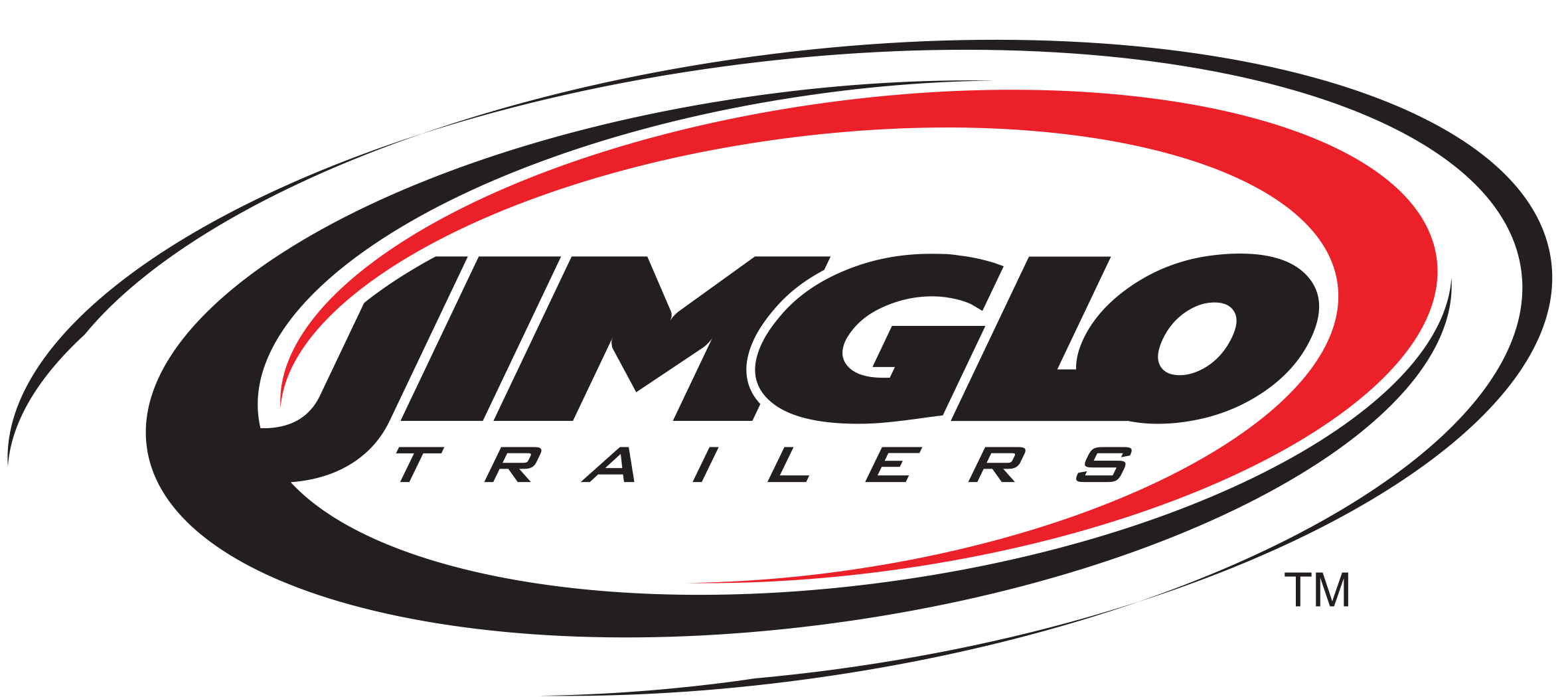Tips for Towing Trailers Long Distances

Taking a long trip with a trailer requires careful planning and attention to detail. This guide will walk you through everything you need to know to make your journey safe and successful. From moving cars across states to hauling precious cargo, we’ll cover the essentials of long-distance towing.
Before You Hit the Road
A successful long-distance towing trip starts with thorough preparation. Start by giving your vehicle and trailer a complete inspection. Check your tires carefully, looking at both the pressure and tread wear. A tire problem on the road can quickly turn into a major headache, so take the time to ensure they’re in good shape. Test all your lights, including brake lights, turn signals, and marker lights. These aren’t just convenient – they’re essential for safety and required by law.
Your brake system needs special attention before a long trip. Test both your vehicle and trailer brakes to make sure they respond properly. Walk around your trailer and look closely at the frame for any signs of damage or loose bolts. If you’re not comfortable doing these checks yourself, take your rig to a professional mechanic. The cost of an inspection is much lower than dealing with a breakdown far from home.
Documentation Matters
Keep all your important papers organized and easily accessible. You’ll need your vehicle and trailer registration, insurance information, and any special permits your trip might require. Store these documents in a waterproof container where you can reach them easily. If you’re crossing state lines, research any additional permits or documentation requirements beforehand.
Smart Route Planning
Planning your route carefully can save you from many common problems. Major highways are usually your best choice for long-distance towing. They offer wider lanes and better surfaces for trailer travel. Before you leave, research the height limits on any bridges or tunnels along your way. Nothing ruins a trip faster than finding out your rig is too tall for a tunnel with no easy detour.
Make note of truck-friendly gas stations along your route. Not every gas station can accommodate a vehicle with a trailer. Plan to stop every two to three hours. This helps you stay alert and gives you a chance to check your equipment.
Loading and Connecting Your Trailer
Proper weight distribution makes the difference between a smooth trip and a difficult experience. Load the heaviest items toward the front of your trailer, keeping about 60% of the weight in the front half. This helps maintain proper tongue weight, which should be between 10-15% of your trailer’s total weight. Think of it like a seesaw – too much weight in the back can cause dangerous swaying.
When securing your cargo, use high-quality straps and check them twice. Cargo shifting during transit can change your weight distribution and create hazardous driving conditions. Take the time to secure everything properly before you start your journey.
Smart Driving Tips
Driving with a trailer requires extra attention and care. Maintain a steady speed and avoid sudden movements. Keep at least five seconds of following distance between you and the vehicle ahead. This gives you plenty of time to react and stop safely. Take turns wider than normal to prevent your trailer from cutting corners, and check your mirrors frequently.
Handling Different Weather Conditions
Bad weather demands adjustments to your driving style. In rain, slow down and increase your following distance. Strong winds can push your trailer around, so maintain a firm grip on the wheel and reduce your speed. In mountainous areas, use lower gears to maintain control on both uphill and downhill stretches.
Hot weather puts extra strain on your vehicle’s engine and brakes. Monitor your temperature gauges closely and take breaks if needed. In cold weather, watch for ice, especially on bridges and overpasses.
Why Choose JIMGLO Trailers for Long Trips
At JIMGLO, we understand the challenges of long-distance towing because we’ve spent years perfecting our trailers for exactly these kinds of journeys. Our design philosophy focuses on making your towing experience as safe and worry-free as possible.
Open Car Trailers
Our open car trailers feature lightweight aluminum construction that helps improve fuel efficiency without sacrificing strength. The aerodynamic design reduces wind resistance, making your truck work less hard and saving you money at the pump. We’ve carefully engineered the loading height to make getting vehicles on and off the trailer easier on you and your cargo.
Enclosed Trailers
Our enclosed trailers offer a secure, weather-protected environment for your vehicle. Built with the same attention to detail as our open trailers, they include features like a spring-assisted loading ramp that makes loading easier and a ventilation system that protects your cargo from heat and humidity during long trips.
Every JIMGLO trailer comes equipped with bright LED lights for better visibility, stability control technology, and reliable brake systems. Our safety features work together to give you peace of mind on long journeys.
Taking Care of Yourself and Your Equipment
Regular breaks are crucial for both you and your equipment. Stop every few hours to check your tires, cargo, and connections. Use this time to rest and stretch. Fatigue can sneak up on you during long trips, so don’t push yourself too hard.
During your stops, check these key items:
- Tire pressure on both vehicle and trailer
- Temperature of brakes and hubs
- Security of cargo and tie-downs
- Hitch and safety chain connections
- All lights and electrical connections
Finishing Your Trip Right
When you reach your destination, take time for a final inspection of your vehicle and trailer. Look for any signs of wear or damage that might have developed during the trip. Clean your equipment and schedule any needed maintenance. Writing down notes about what worked well and what you’d do differently can help make your next trip even better.
We’re Here to Help
Long trips with a trailer don’t have to be stressful. With good preparation and the right equipment, you can handle any journey safely. JIMGLO trailers are built to make your trip easier and safer. Our team is always ready to answer your questions and help you choose the right trailer for your needs. Get in Touch for More Information and for a FREE Quote!
Remember: This guide provides general advice. Always follow your trailer’s manual and local laws for specific requirements.


